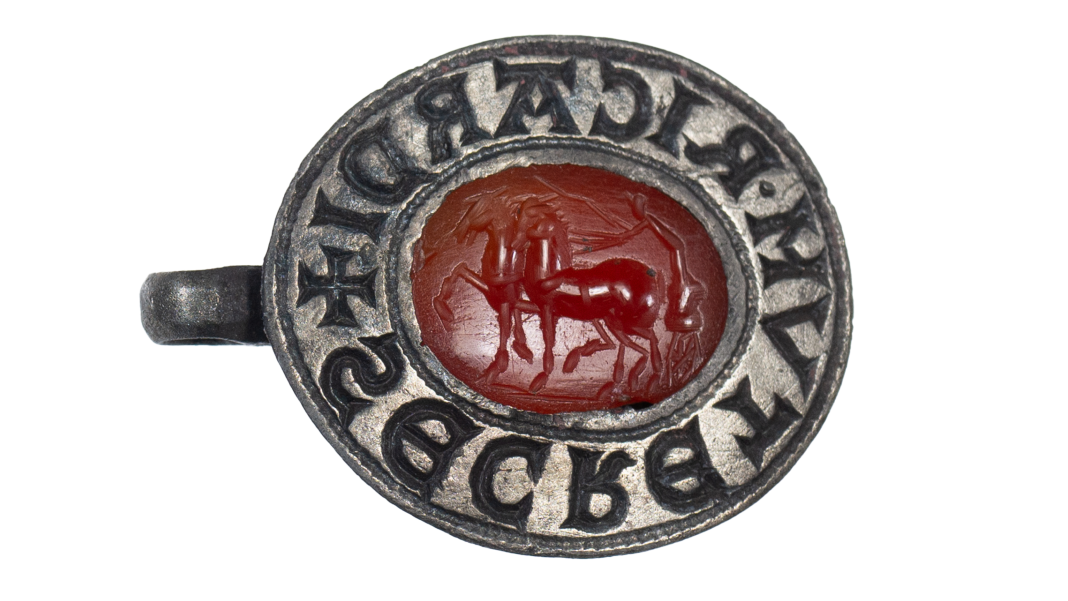A Woman's Heart Attack Risk May Rise Before She's Born

A woman's risk of having a heart attack may begin to rise even before she is born, a new study suggests, and the findings may help researchers better understand the nature of heart disease in women.
The study found women's risk of having a heart attack increased more than eight times if they had changes in certain genes; these changes were previously found to be brought on by stress experienced in the womb, such as not getting enough nutrients.
"Health really starts in the womb," said study researcher Bas Heijmans, a molecular epidemiologist at Leiden University Medical Center in The Netherlands.
The findings support the idea that conditions during early life, such as the habits of a mother during pregnancy, influence her baby's risk of later developing heart disease, Heijmans said. Ultimately, the researchers would like to find genetic "signatures" that can tell the tale of someone's early life, such as an exposure to alcohol or cigarette smoke. Those signatures could then be used as markers for the persons' risk of disease later in life, Heijmans said.
The findings are published in the Nov. 17 in the International Journal of Epidemiology.
DNA in early life
The study involved 1,654 participants ages 70 to 82 who hadn't had a heart attack before the study's start. After three years, 122 people had suffered a heart attack. The researchers compared the DNA of these individuals to that of 126 participants who had not experienced a heart attack, but were similar in age and other characteristics.
Get the world’s most fascinating discoveries delivered straight to your inbox.
The researchers looked for changes, called epigenetic changes, in six genes known to be influenced by the in utero environment. During such a change, a chemical "tag" is added to a section of DNA.
They found epigenetic changes in two of the genes were associated with an increased risk of heart attack. Women with a tag on one gene were 2.8 times more likely to have a heart attack, and women with a tag on both genes were 8.6 times more likely to have a heart attack, compared with women who didn't have these changes.
However, more work is needed to validate the results. The new study was conducted in adults, so the researchers don’t know exactly what experiences the participants had during the prenatal period.
Men and women
No association between changes in the genes and heart attack risk was found for men. The researchers aren't sure why this is,but it could be that men tend to have heart attacks at earlier ages than the participants included in the study, masking the effect of the gene changes in the study group, Heijmans said.
Because the study was small, these estimates of increased risk for women should be interpreted with caution, Heijmans said. Larger studies that included a wider range of age groups are needed to determine more accurate risk estimates, Heijmans said.
Pass it on: A women's risk for heart attack may begin before birth.
Follow MyHealthNewsDaily staff writer Rachael Rettner on Twitter @RachaelRettner. Find us on Facebook.

Rachael is a Live Science contributor, and was a former channel editor and senior writer for Live Science between 2010 and 2022. She has a master's degree in journalism from New York University's Science, Health and Environmental Reporting Program. She also holds a B.S. in molecular biology and an M.S. in biology from the University of California, San Diego. Her work has appeared in Scienceline, The Washington Post and Scientific American.
 Live Science Plus
Live Science Plus





